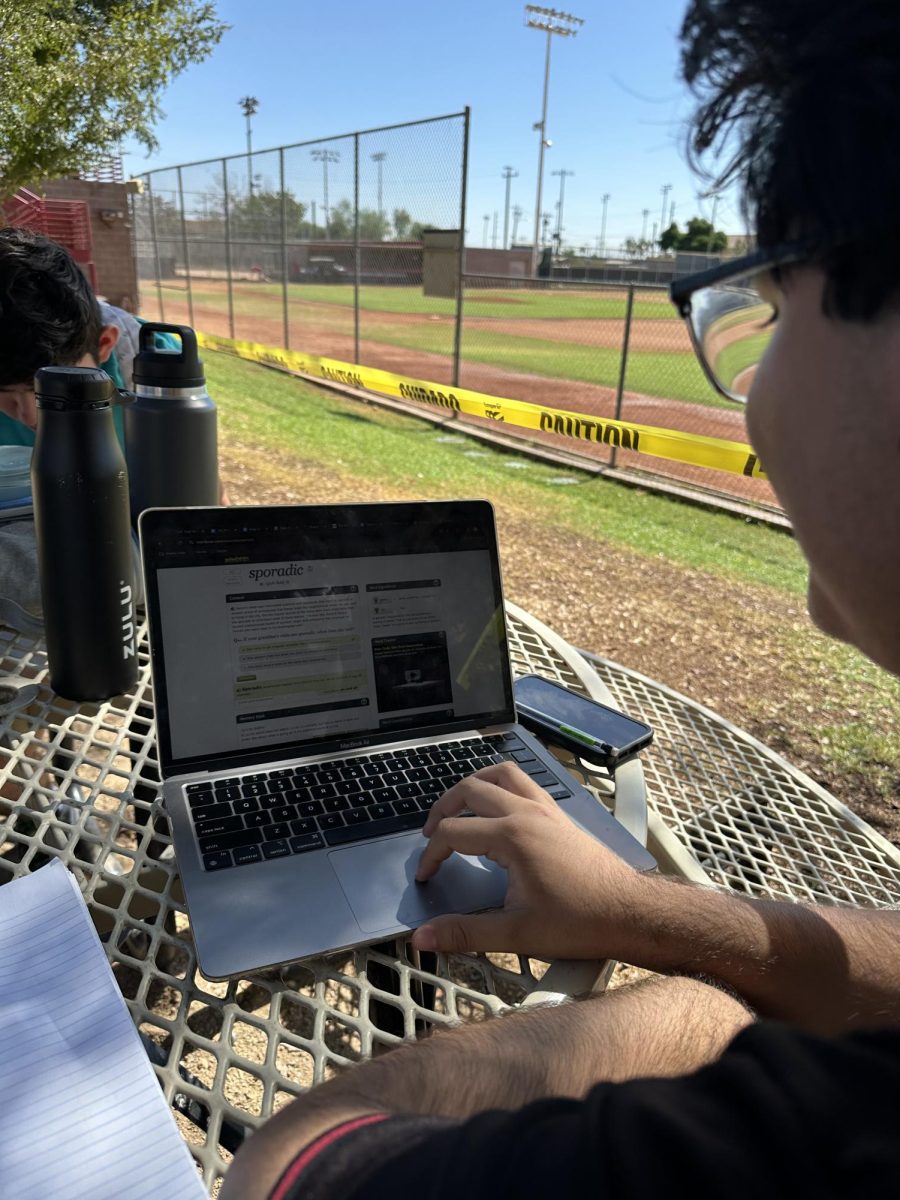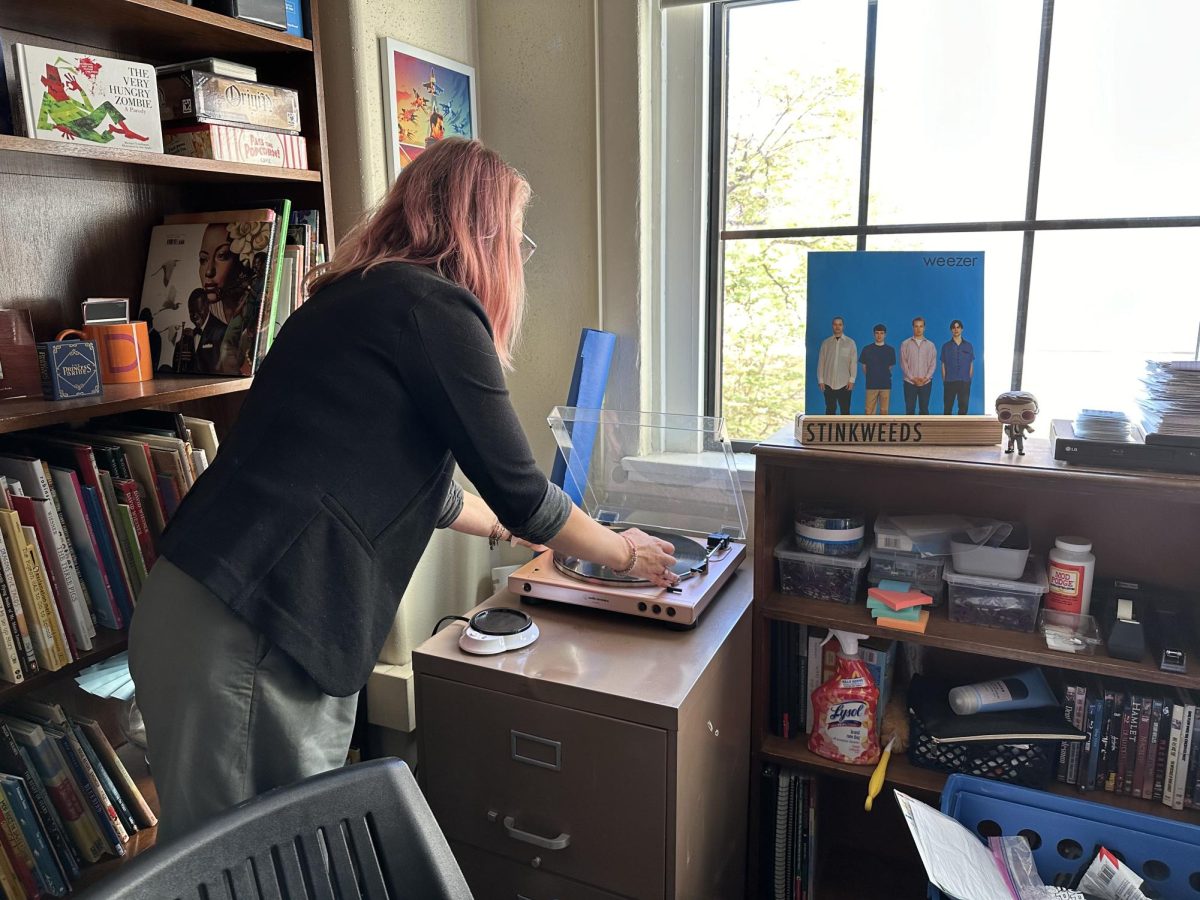By Reid Shniderman ’20
THE ROUNDUP
Aurora Plummer, an 18-year-old from Bologna, Italy, recalled her first moments when news of the pandemic spread in her country.
“I met up with my parents at our local supermarket, and it was absolutely full,” Plummer said. “People were panicking, grabbing onto everything that was on the shelves. It felt surreal.”
Italy, currently the nation with the third most coronavirus cases, was one of the first countries besides China that was hit hard by the disease. On March 9, 2020, with over 12,000 cases, Italy went into lockdown in an attempt to prevent further spread of the virus.
“My dad, who is often at work all day and usually travels abroad at least a few times a month for his job, has been at home for over two months, leaving only in the early hours of the morning once a week to go shopping,” Plummer said.
“I haven’t left the house in eight weeks, and we’ve had to learn how to survive via technological platforms. It just seems like a completely different world.”
Meanwhile, almost 500 miles away in Aachen, Germany, Elif Ersen was living with her brother when she and her family first learned about the pandemic. Her parents, who were in Turkey for a medical emergency in the family, quickly bought tickets to return home. Only a day after their arrival in Germany, the country’s borders closed.
“Our immediate reaction was to stock hand sanitizers, wet wipes and some immune-strengthening vitamins,” Ersen said. “When we first heard the news, things were still not as crazy, so we did not take many measures. The coronavirus was caught very early in Germany.”
Aachen is located in the most western state of Germany, North Rhine-Westphalia, which is now the state with the second-most cases in Germany. Currently with over 32,000 cases and over 1,100 deaths, the state’s rate in confirmed cases has gradually started to decrease, as well as the rest of the country.
For Ersen, the situation with quarantine and stay-at-home orders has hugely affected her life, her circumstances requiring her to move between residencies.
“My parents spent two weeks staying with me and my brother and I spent three weeks staying at my parents’,” Ersen said.
“We are lucky to say we aren’t struggling, but having to stay inside is hard, since we don’t have a choice.”
Ersen has been following Germany’s social distancing guidelines such as working from home and attending online school. To further decrease the risk of disease, they have also reduced shopping trips. In particular, she is most concerned about academics.
“The situation in Germany is changing constantly, so I am in an anxious state about the school,” Ersen said. “School reopenings, the exams and the grades are all unclear, [they] change from week to week. All we can do is wait.”
For Liz Dror, a citizen from Jerusalem, the first thing she and her family did was obtain staple foods such as rice, coffee and pasta, as well as a variety of frozen foods, focusing on simple essentials instead of panic shopping.
“I bought masks, latex gloves and hand sanitizer … we started carrying it with us regularly,” Dror said.
With a combined total of over 16,700 confirmed cases between Israel and Palestine, both governments have taken intensive measures of preventing the coronavirus from spreading. This includes heavy restrictions on large gatherings, which has affected millions of religious citizens who congregate to practice their faith.
“I think what has affected me the most is not having cultural activities,” Dror said, stating how recreation such as movies, plays and museums are closed down, and how she’s unable to “see friends and [meet] with them for coffee or just sit and chat with them.”
Yet, amongst all of these hardships that the pandemic has caused, the two main things that have helped people around the world seem to be reaching out to friends and loved ones and focusing on hobbies that people don’t normally have time to do.
Dror, a faithful believer in Judaism, found time to clean the house during the holiday of Passover, in which a spring cleaning is a big tradition. She has also found different television programs helpful during quarantine.
“Several local TV stations have family exercise in the morning, which we participate in,” Dror said. “I also make sure to call friends everyday to check up. Keeping in touch is important.”
Back in Germany, besides homework and studying, Ersen keeps in good spirits by talking with friends over the phone and practicing her artwork, slowly starting to leave home more often as restrictions across the country lessen.
“I’ve been painting a lot more now,” Ersen said. “I can watch the movies I always wanted to watch and finish the books I wanted to read. At my parents’ house, we [go] out to bike and have little picnics almost every two days, and we started a new TV show to watch together as a family.”
And in Italy, Plummer has been spending her time on several interests of hers, including playing the guitar, reading and writing and practicing her Spanish and French, saying that it’s all a nice break from the hectic lives everyone leads.
“I’ve also managed to get in contact with old friends I hadn’t spoken to in a long time,” Plummer said.
“Since everything is online, and video calls are now everybody’s base of socialization, it’s just as easy to speak to your closest friend as it is to anybody else.”
While the coronavirus has impacted the world, in some places more than others, it seems that finding the small upsides to the quarantine has been keeping people’s hopes up.
“Although this whole situation is awful, there has definitely been positive aspects to it,” Plummer said. “People will come out of it with new hobbies, and I’m certain with a new perspective of things as well.”




















